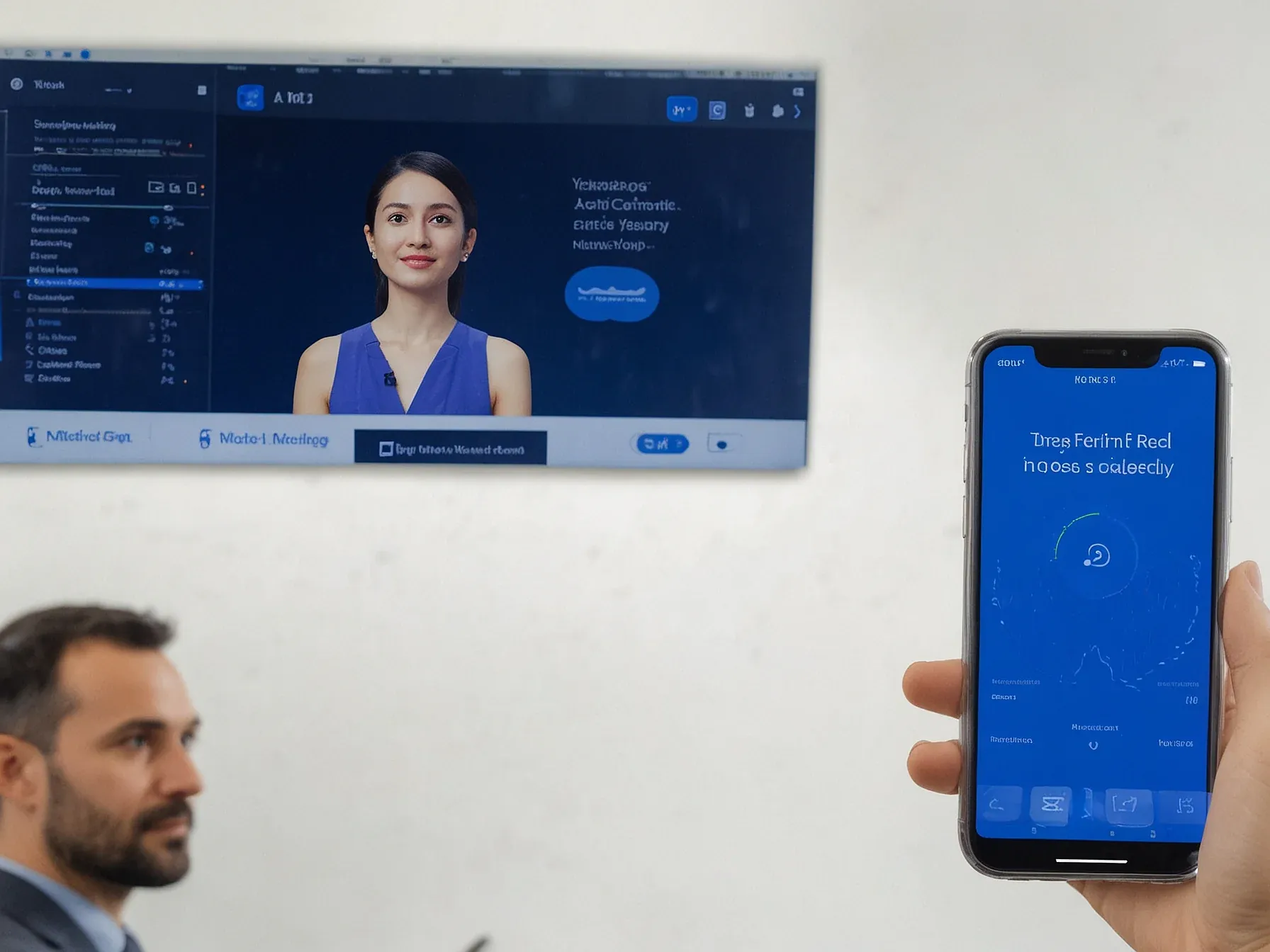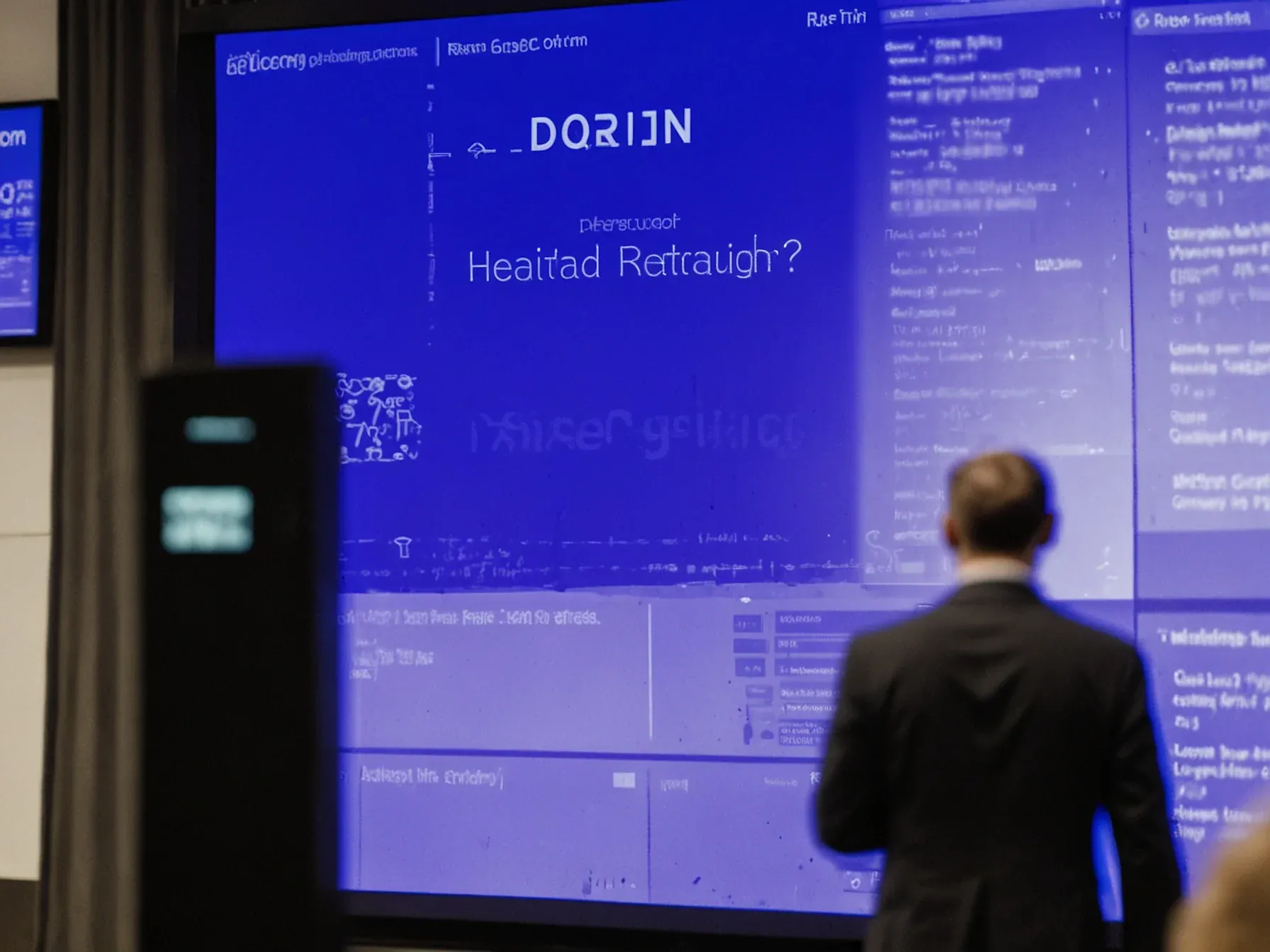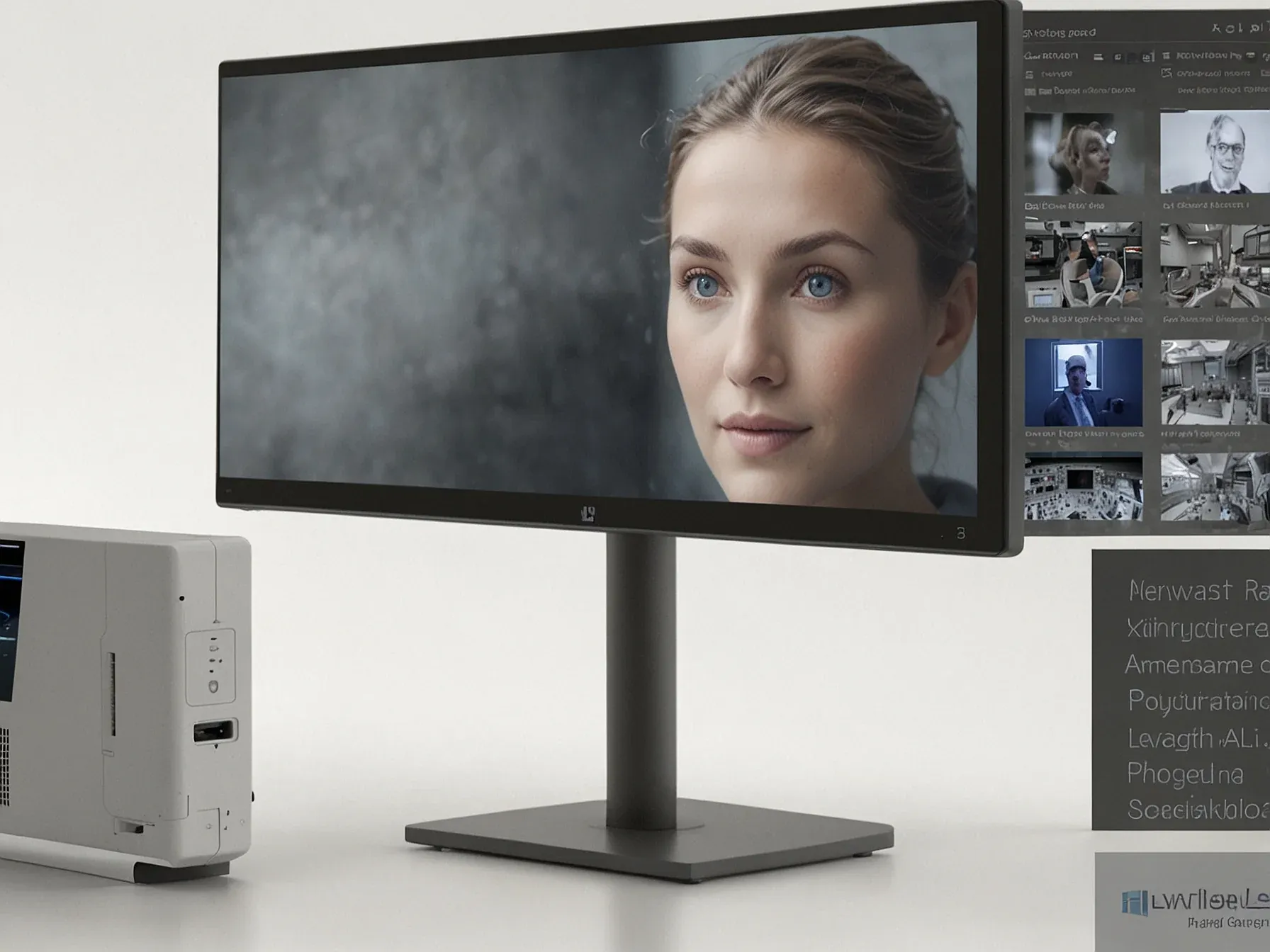
Editorial illustration for Lenskart Unveils AI Smartglasses B for Indian Developers Before December Launch
Lenskart AI Smartglasses Open to Indian Developers Now
Lenskart opens AI Smartglasses B to Indian developers ahead of December launch
Indian eyewear tech company Lenskart is betting big on artificial intelligence with its latest hardware play. The startup is preparing to release a notable set of AI smartglasses targeting developers, signaling an ambitious push into emerging technology markets.
Targeting homegrown tech talent, Lenskart's strategic move opens a important pathway for Indian developers to experiment with modern wearable technology. The smartglasses, entirely designed and engineered within India, represent more than just another product launch.
By offering early access to its AI-powered eyewear, Lenskart is creating a potential sandbox for idea. Developers will have the opportunity to explore and integrate the device's advanced camera and AI capabilities into their own consumer applications.
The company's approach suggests a calculated effort to jumpstart a domestic ecosystem of AI-driven hardware development. With the December launch approaching, tech enthusiasts and developers are watching closely to see how these smartglasses might reshape interaction between wearable tech and software idea.
The company said the smartglasses, designed and engineered in India, are set to launch by the end of December. "This initiative will make its AI and camera technology accessible to leading consumer apps and independent developers," Lenskart said in a statement. The B by Lenskart smartglasses are powered by Qualcomm's Snapdragon AR1 Gen 1 chipset and feature an integrated Sony camera for hands-free photo and video capture. The glasses also include a built-in AI assistant powered by Gemini 2.5 Live, which supports voice commands for payments, translations and wellness tracking.
Lenskart's move into AI smartglasses signals a bold step for Indian tech idea. The B series represents more than just another wearable - it's a platform inviting developers to explore hands-free technology powered by local engineering.
With Qualcomm's Snapdragon AR1 Gen 1 chipset and an integrated Sony camera, these glasses offer serious technical capabilities. The built-in Gemini 2.5 Liv AI assistant suggests Lenskart isn't just creating hardware, but an interactive experience.
Targeting Indian developers first is a strategic choice. By opening access before the December launch, Lenskart could accelerate local app ecosystem development for smart wearables.
The glasses' hands-free photo and video capture hint at practical applications beyond pure tech novelty. Still, much depends on how developers will actually use this platform.
Lenskart's transparent communication about design, engineering, and developer accessibility suggests confidence in their product. Whether these smartglasses will resonate with the market remains an open question.
Further Reading
Common Questions Answered
What unique features do the B by Lenskart smartglasses offer developers?
The smartglasses are powered by Qualcomm's Snapdragon AR1 Gen 1 chipset and feature an integrated Sony camera for hands-free photo and video capture. They also include a built-in AI assistant powered by Gemini 2.5 Liv, providing developers with advanced technological capabilities for interactive experiences.
When is Lenskart planning to launch its AI smartglasses for Indian developers?
Lenskart has announced plans to launch the B series smartglasses by the end of December, targeting homegrown tech talent. The company aims to make its AI and camera technology accessible to leading consumer apps and independent developers through this strategic hardware release.
How does Lenskart's approach to AI smartglasses differ from other market offerings?
Lenskart's smartglasses are entirely designed and engineered within India, representing a local technological innovation. The B series is positioned not just as a wearable device, but as a platform that invites developers to explore hands-free technology powered by indigenous engineering.




